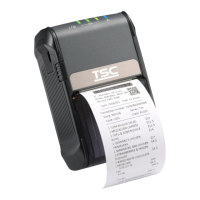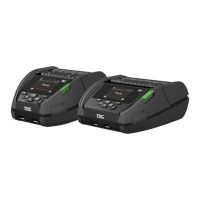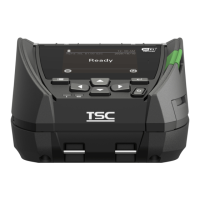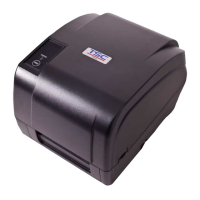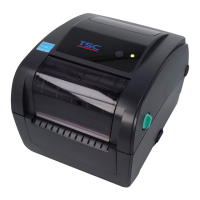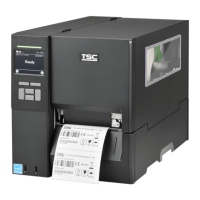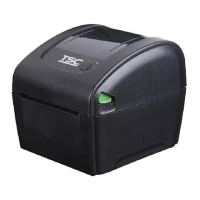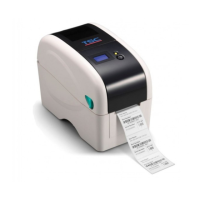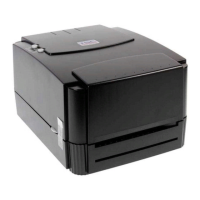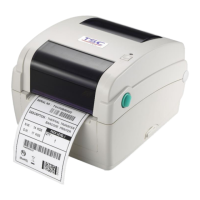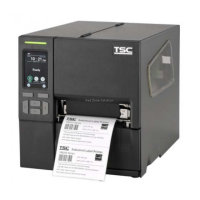This submenu is used to do RFID calibration. The user must do the tag calibration when installing a new tag in the
printer. RFID calibration operation determines the RFID chip type, the write/read power, program position, length
of the EPC/User field.
The executable item performs RFID calibration.
This item should be executed when changing the RFID tag type.
Note: Before performing an RFID calibration, you will first need to select the right sensor for your
RFID labels and run a media sensor calibration. Please refer to ch. 3.8.3 for more information.
Num Label
for
Calibration
The menu item determines how many tags to use for calibration. However, this value does not
include tags moved when seeking gaps during the calibration process. Depending on the
difficulty in calibrating the installed tags, the number of labels used could be more or less, but
generally, the larger number chosen in this menu, the more tags that will be averaged together
to determine the calibration result. Usually, this value should be left at the default value.
The menu item determines the size of the EPC data that will be used to perform the RFID
Calibration. This menu can be increased to improve the accuracy of the RFID Calibration, but it
should not be increased to a value greater than the maximum EPC length that the current Tag
Type can support.
It will contain the settings used for optimal tag encoding. These parameters can be obtained automatically through
RFID Calibration.
This menu determines how far the RFID tag encoding position of the currently installed tag
should be offset from Top of Form.
This menu item selects the write power level to be used in the RFID encoder. Normally, this
value is set auto-matically by the RFID calibration process and should not be changed.
This menu item selects the read power level to be used in the RFID encoder. Normally, this
value is set automatically by the RFID calibration process and should not be changed.
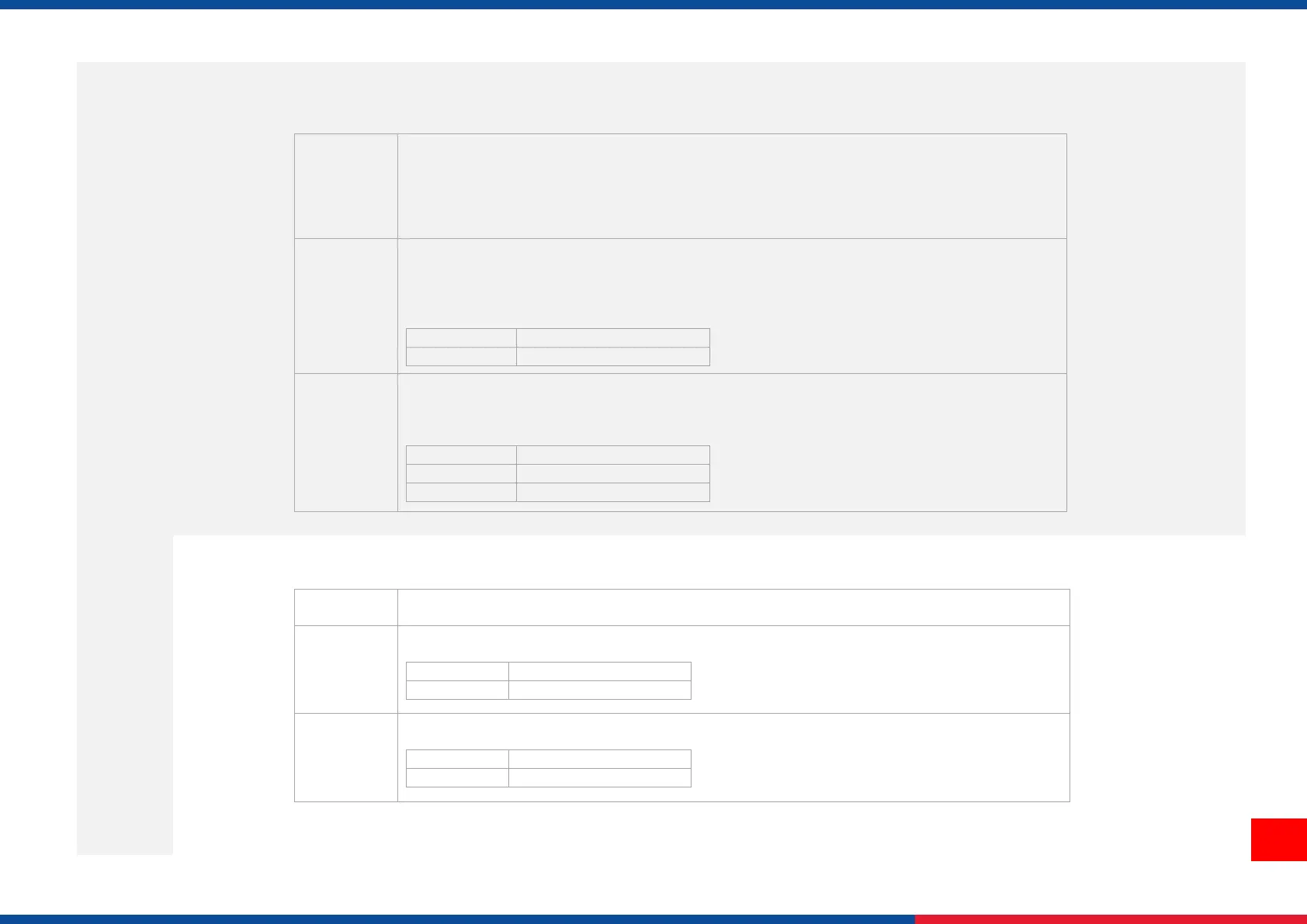